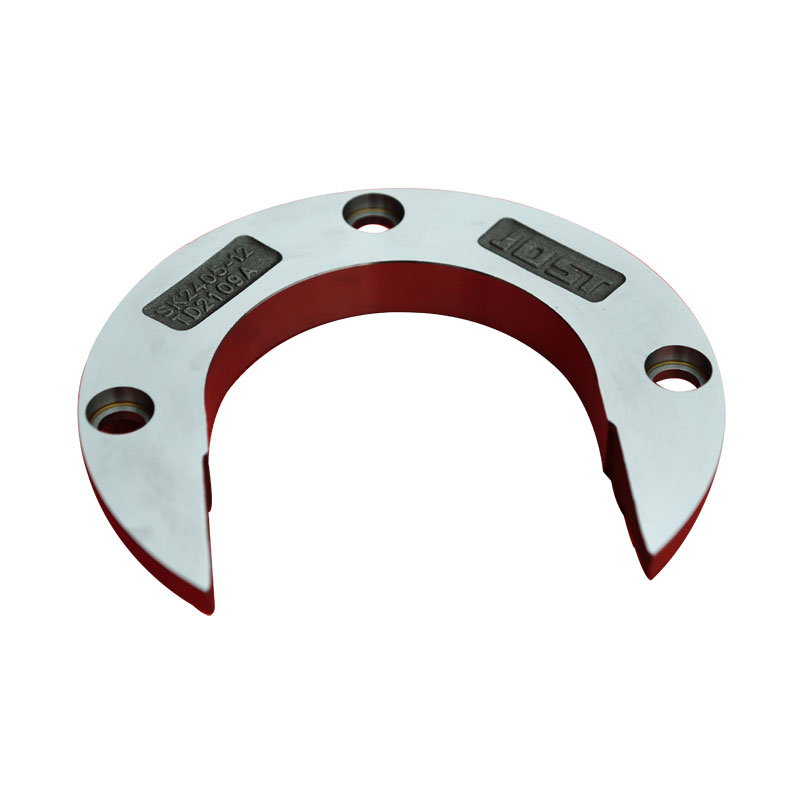The Strength Within: Exploring Ring Type Forgings
2023-10-18
Introduction:
Forging is a centuries-old manufacturing process that shapes metal into desired forms by applying heat and pressure. Within the forging realm, ring type forgings hold a special place due to their unique shape and structural advantages. In this blog, we will delve into the world of ring type forgings, exploring their features, benefits, and how they contribute to the strength and reliability of various applications.
1. Understanding Ring Type Forgings:
Ring type forgings are circular-shaped metal components that are created through the forging process. They are typically manufactured by heating a metal billet and applying localized pressure to shape it into a ring. The forging process imparts exceptional strength and structural integrity to the ring, making it suitable for demanding applications that require high load-bearing capacities.
2. Superior Strength and Durability:
Ring type forgings are renowned for their superior strength and durability. The forging process compresses the metal, aligning its grain structure and eliminating any voids or defects. This results in a material with enhanced mechanical properties, including higher tensile and yield strength, improved fatigue resistance, and increased toughness. The inherent strength of ring forgings makes them ideal for applications subjected to heavy loads, such as gears, bearings, and structural components.
3. Customizable Design and Geometry:
One of the key advantages of ring type forgings is their customizable design and geometry. Manufacturers can tailor the dimensions, thickness, and internal and external diameters of the rings to meet specific application requirements. This flexibility allows for the creation of rings with precise tolerances and geometries that seamlessly integrate into diverse applications, ensuring optimal functionality and performance.
4. Cost-Effective Manufacturing:
Ring type forgings offer cost-effective manufacturing advantages compared to alternative methods. The forging process efficiently utilizes raw materials by minimizing waste, as the starting billet is shaped into the final ring form with minimal material removal. Additionally, the high strength-to-weight ratio of forgings allows for lighter and more efficient designs, reducing material usage and associated costs. These factors make ring type forgings an economically viable choice for industries seeking strong and reliable components.
5. Versatility and Wide Application Range:
Ring type forgings find application across various industries and sectors. Their exceptional strength and durability make them suitable for heavy machinery, aerospace components, automotive parts, oil and gas equipment, and power generation systems, among others. From large-scale industrial applications to intricate and precision-based assemblies, ring type forgings offer the reliability and performance needed to meet diverse demands.
6. Quality Assurance and Certifications:
The production of ring type forgings adheres to strict quality control measures. Reputable manufacturers ensure compliance with industry standards and certifications, such as ISO 9001 and AS9100, to guarantee the highest level of quality. These certifications demonstrate the commitment to delivering forgings that meet or exceed customer expectations, ensuring reliable and consistent performance in critical applications.
Conclusion:
Ring type forgings stand as a testament to the strength and durability achieved through the forging process. Their superior mechanical properties, customizable design options, cost-effective manufacturing, and wide application range make them indispensable in various industries. Whether for heavy machinery, aerospace systems, or other demanding applications, ring type forgings provide the structural integrity needed to withstand extreme conditions and deliver long-lasting performance.



